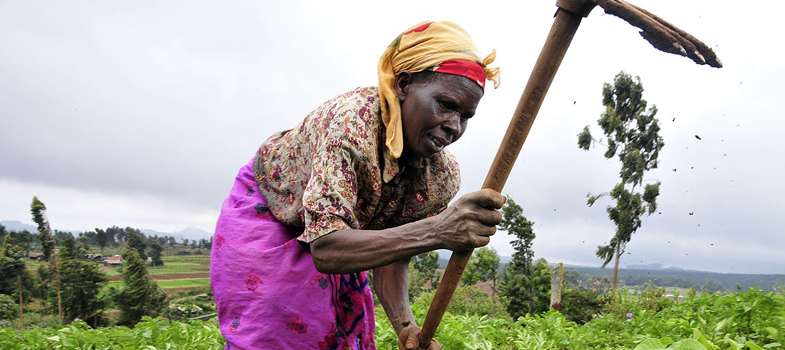2.3.2 Collective skills
It’s tempting to think that collective skills concern education and training. Access to education and training for co-operatives and their members can certainly be a factor in their resilience. However an important dimension for collective skills in a co-operative setting is the working relationships – between members, and between members and officers/board.
To take this further, there is quite an interesting literature developing around co-operative learning: the way members of co-operatives learn from each other because of their association with each other. Ian MacPherson, a well-known academic in the Canadian co-operative movement, has called this process ‘associative intelligence’ (MacPherson, 2003). Other researchers (Facer et al., 2011) have called it ‘learning through co-operation’. Hartley (2012) undertook an extensive study of how youth co-operators in Uganda and Lesotho learnt new knowledge, skills and gained confidence through co-operative activities and co-operative networks. She argued that co-operatives and their networks act as ‘expanded learning spaces’, where ‘social’ learning – learning that is not simply individual but is embedded in groups and organisations – takes place.
Collective skills, whether gained through the process of co-operation outlined above, or through education and training, are important for co-operative resilience in a number of ways:
- in reinforcing the ability to carry out the particular forms of governance required by co-operatives
- being able to discuss and manage complex issues
- sustaining and supporting relationships between members
- reinforcing co-operator identities
- being able to carry out responsibilities needed by the co-operative, such as record-keeping, keeping accounts, managing products, money and so on.
In this respect, the networks that a co-operative and its union have may be very important for some of the formal training for resilience, as well as the processes of social learning that take place more informally. In a developing country context, such networks will be particularly important and might include Fair Trade buyers as well as development agencies, co-operative colleges and the government.
2.3.1 Membership
